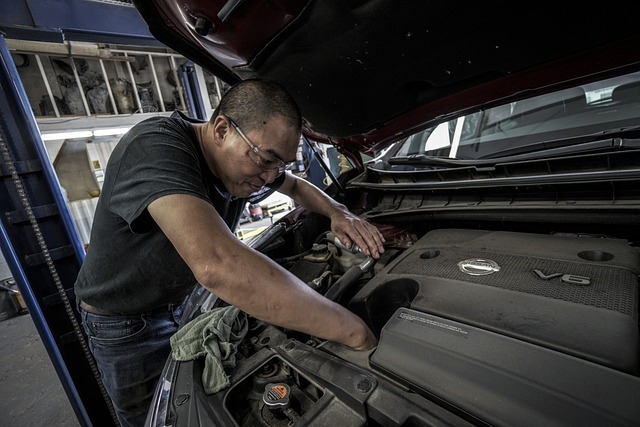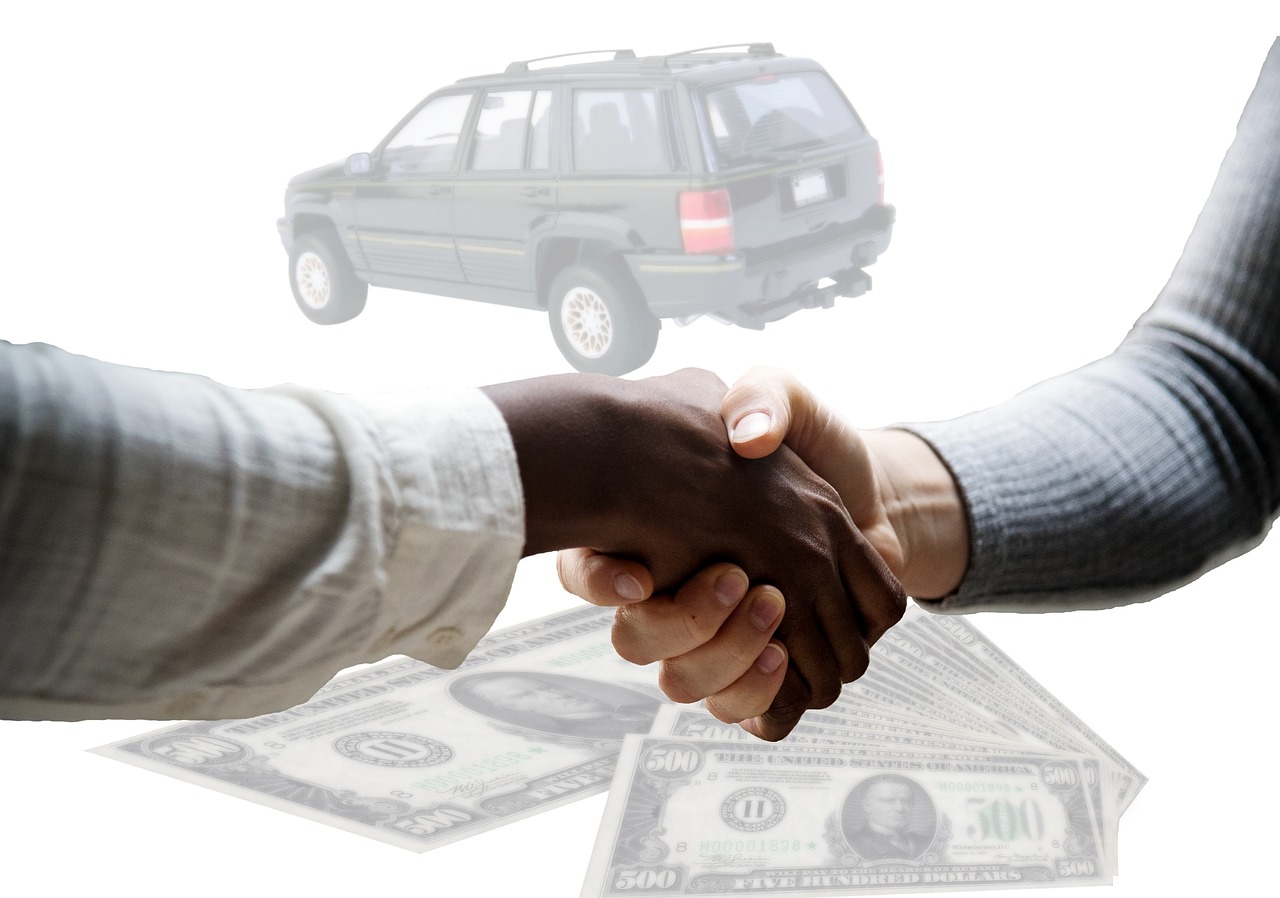Owning a used car is a great way to save money on transportation costs. But, when it comes to owning and maintaining a vehicle, there are other expenses and costs associated with car ownership that can add up quickly. To ensure you have enough money for all the necessary upkeep and repairs on your used car, estimating the cost of owning and maintaining it is important. Most car buying company that can help you evaluate these costs, saving you time and money. In this article, we’ll look at some factors to consider when calculating the cost of ownership for a used car.
Purchase Price
 The initial cost of purchasing a used car will depend on the make, model, and year of the vehicle. The actual price you pay may also be affected by factors such as its condition, mileage, and extra features. Be sure to factor in any taxes or fees associated with the purchase when calculating your total cost. The price range of used cars can vary greatly. It’s important to research the market and determine what a fair price range is for the make and model of the car you are looking to buy.
The initial cost of purchasing a used car will depend on the make, model, and year of the vehicle. The actual price you pay may also be affected by factors such as its condition, mileage, and extra features. Be sure to factor in any taxes or fees associated with the purchase when calculating your total cost. The price range of used cars can vary greatly. It’s important to research the market and determine what a fair price range is for the make and model of the car you are looking to buy.
Insurance Costs
To legally operate a vehicle, you must have insurance coverage. Depending on your driving record and the type of car you own, your premiums can vary significantly. Talk to your insurance agent for an accurate estimate of how much it will cost to insure your vehicle. However, the usual cost of car insurance for a used vehicle will likely be lower than the cost of insuring a new car.
Fuel Expenses
Gas mileage can vary greatly from car to car, so make sure you factor in how much it will cost to fuel your used vehicle. Do some research on the internet or talk to other owners of similar cars to get an idea of what your fuel expenses might be. The gas market is constantly fluctuating, so keep an eye on current prices and factor in potential fuel cost increases when calculating your total cost of ownership.

Maintenance and Repairs
Cars require regular maintenance and occasional repairs, no matter how old they are. Make sure you factor in the cost of oil changes, tire rotations, brake inspections, and other routine services. You should also set aside money for more expensive repairs, such as engine or transmission work, that may be necessary down the road.
Other Costs
Finally, remember to consider other costs, such as parking fees or road tolls, that may be associated with using your car. This could also include costs such as car washes, registration fees, and other miscellaneous expenses. Considering all of these factors, you should get a good idea of the total cost of owning and maintaining a used car. With this information in hand, you can make an informed decision about which vehicle is right for your budget.…

